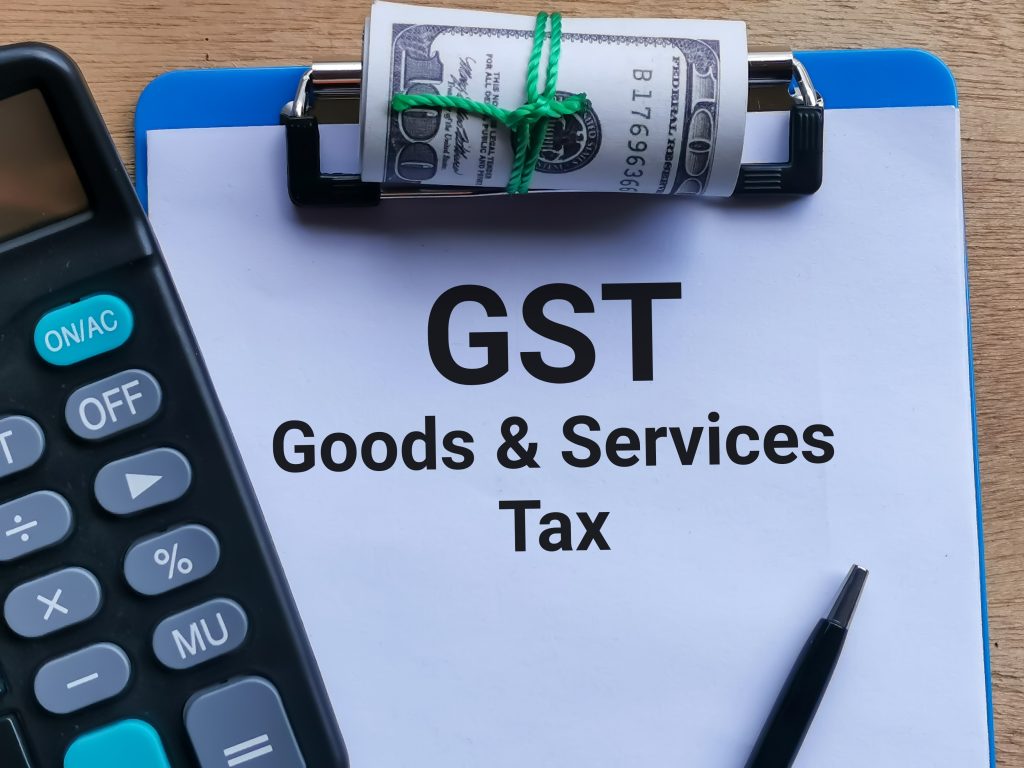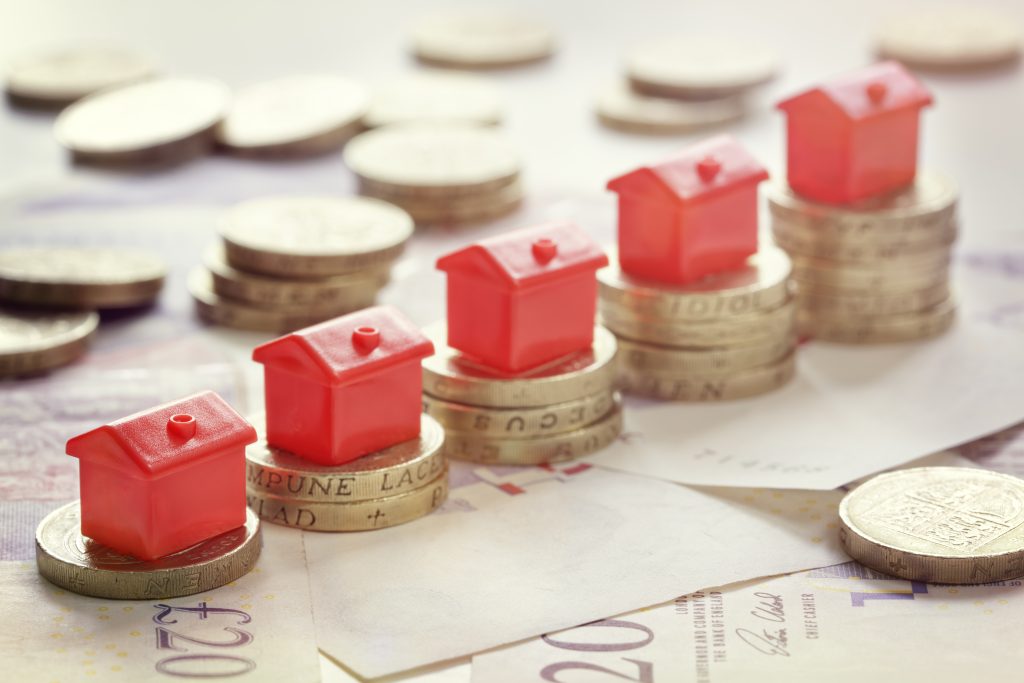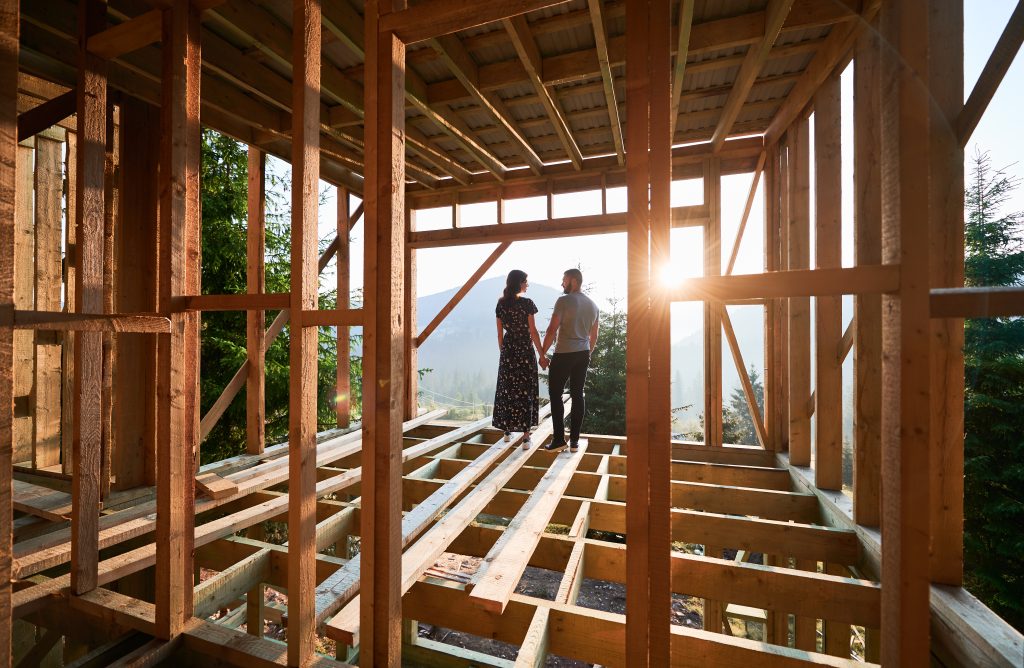No Time to Read? Here’s the Key Takeaways
Pressed for time? No worries! Here’s a quick summary of everything you need to know about claiming GST on residential property expenses in New Zealand.
✅ When Can You Claim GST?
You can claim GST on residential property expenses if:
✔ You run a short-term rental business (Airbnb, holiday home) and are GST-registered.
✔ You’re a property developer or builder, selling newly built homes.
✔ You’re a GST-registered property investor flipping houses frequently (taxable activity).
❌ When Can’t You Claim GST?
🚫 Long-term rental properties – Residential rental income is GST-exempt.
🚫 Your personal home – No GST claims on family homes or personal expenses.
🚫 Mixed-use properties – Only the business portion is claimable.
🚫 Buying & selling residential property (unless a developer) – Most property purchases are GST-exempt.
———————————————————————————————————————————————————-
Ever wondered if you can claim GST on residential property expenses? You’re not alone. Plenty of property investors, landlords, and Airbnb hosts ask the same question—only to find out that GST rules on property can be a minefield.
Here’s the short answer: it depends. If you own a long-term rental, GST probably isn’t your friend. But if you’re running a short-term rental business or flipping properties, you might be able to deduct GST on rental property costs and reclaim GST for residential investment—if you’re playing by the IRD’s rules.
Confused? Don’t worry. This guide breaks it all down: who can claim, what expenses are GST-deductible, and the common traps to avoid. By the end, you’ll know exactly where you stand. Let’s get into it. 🚀
Understanding GST in Property Transactions
What is GST (Goods and Services Tax)?
Goods and Services Tax (GST) is a 15% tax applied to most goods and services in New Zealand, including business transactions. If you’re GST-registered, you charge GST on sales and can claim GST on business expenses.
But here’s where it gets tricky—property transactions don’t follow the usual GST rules. Some properties are GST-exempt, while others require you to collect and pay GST. So, what’s the deal?

GST and Property Investment: What’s Different?
Residential vs. Commercial Property GST Rules
- Residential property: Generally exempt from GST. If you’re a long-term landlord, you can’t claim GST on mortgage interest, maintenance, or repairs.
- Commercial property: GST applies. If you lease a commercial building, you’ll charge GST on rent and can claim GST on property expenses.
When is GST Applicable to Residential Properties?
Although most residential property transactions are GST-exempt, there are key exceptions:
✅ Short-term accommodation (Airbnb, holiday homes) → If you’re running a short-term rental business, you may need to register for GST and can claim input tax credits on expenses.
✅ Developers and builders → If you’re selling newly built homes, you must charge GST on sales but can claim GST on development costs.
✅ GST-registered property investors → If you buy, renovate, and sell properties frequently, the IRD may consider you a taxable activity, meaning you must register for GST and claim GST on expenses.
Bottom line? Unless you’re operating a business, GST won’t apply to your rental property. But if you’re in the property game for profit, it pays to know the rules—or risk getting caught out. 🚨
When Can You Claim GST on Residential Property Expenses?
Claiming GST on residential property expenses isn’t straightforward—it all depends on whether your property activities are considered a taxable business by the IRD. In most cases, long-term rental properties are exempt from GST, meaning landlords can’t claim GST on maintenance, mortgage interest, or renovation costs.
However, there are specific situations where you can claim GST on expenses:
- Short-term accommodation businesses – If you rent out properties on Airbnb, Booking.com, or as holiday homes, and you’re GST-registered, you may be able to claim GST on expenses like cleaning, maintenance, and management fees.
- Property developers and builders – If you build and sell homes, you must charge GST on the sale but can also claim GST on construction and development costs.
- GST-registered property investors – If you regularly buy, renovate, and sell properties, the IRD may classify you as running a taxable activity, allowing you to claim GST on renovation and operational costs.
If you’re unsure whether you qualify, check with a tax professional—getting this wrong can be costly. 🚨

When Can’t You Claim GST?
Not every property expense qualifies for a GST refund—and getting this wrong could land you in trouble with the IRD. Here’s when you can’t claim GST:
🚫 Long-term rental income → If you rent out a property for long-term tenants, it’s exempt from GST, meaning you can’t claim GST on maintenance, mortgage interest, or repairs. No loopholes here.
🚫 Your own home or family home → Living in the property? Zero chance of claiming GST. Personal property expenses are completely off-limits.
🚫 Mixed-use properties → If you use part of your home for business (Airbnb, home office, rental unit), you can only claim GST on the business portion—not the entire property.
🚫 Buying & selling residential properties (unless you’re a developer) → If you buy a house as an investment or family home, it’s a GST-exempt transaction. However, property developers must charge GST on sales—but can claim input GST on costs.
Bottom line? Unless your property is part of a taxable business, don’t expect to get any GST perks. The IRD isn’t handing out freebies.
Case Studies & Examples
Still not sure where you stand with GST on residential property expenses? Let’s break it down with real-life examples—who can claim, who can’t, and why.
✅ Example 1: An Airbnb Host Claiming GST on Expenses
Emma runs a successful Airbnb business in Queenstown. She rents out her holiday home for short-term stays, earns over $60,000 per year, and is GST-registered. This means she charges GST on her bookings and can claim GST on expenses like:
✔ Cleaning services
✔ Property management fees
✔ Advertising costs
✔ Utilities (power, internet)
At tax time, Emma files a GST return and offsets her expenses against her GST collected. Because she’s running a taxable activity, she can legally claim GST on operating costs.
❌ Example 2: A Long-Term Landlord Trying to Claim GST
Tom owns a long-term rental property in Wellington. His tenant signs a 12-month lease, and he collects residential rental income. Tom wants to claim GST on property maintenance and renovations, thinking it will reduce his costs.
🚨 The problem? Long-term rentals are GST-exempt, meaning he doesn’t charge GST on rent—so he can’t claim GST on expenses either.
What should Tom do instead?
✔ Focus on tax-deductible expenses instead of GST claims. While he can’t claim GST, he can deduct certain costs from his taxable income (repairs, rates, insurance).
✅ Example 3: A Property Developer Claiming GST on a New Build
Sarah is a developer building five new townhouses in Auckland. She registers for GST, knowing she’ll need to charge GST on the sale of each property. Because she’s running a taxable property business, she can:
1️⃣ Claim GST on land purchase and construction costs (materials, contractor fees).
2️⃣ Charge 15% GST when selling the properties.
3️⃣ Offset her GST expenses against the GST collected on sales.
Since Sarah is operating a property development business, she must pay GST on her profits, but she’s also eligible for GST refunds on project expenses.

The Lesson?
👉 If you’re running a short-term rental business or property development, GST can work in your favor.
👉 If you’re a long-term landlord or homeowner, don’t even try—it’s a GST no-go zone.
👉 Always check your GST status before making big financial decisions. Getting it wrong could cost you thousands. 🚨
Common Mistakes and How to Avoid Them
Claiming GST on residential property expenses isn’t always straightforward, and plenty of people get caught out by common mistakes. Here’s what to watch for—and how to stay on the IRD’s good side.
| Mistake | Why It’s a Problem | How to Avoid It |
|---|---|---|
| Trying to claim GST on long-term rental expenses | Long-term rental income is GST-exempt. No GST collected = No GST to claim. | Accept that residential rental properties are not eligible for GST claims. Focus on other tax deductions instead. |
| Not registering for GST when required | If you earn over $60,000/year from short-term rentals or property flipping, you must register for GST. | Check your total taxable rental income—if you’re over the threshold, register before the IRD catches you. |
| Mixing personal and business expenses | If you claim GST on your home but also live in it, you could owe GST when you sell. | Only claim GST on the business portion of your property (e.g., a dedicated Airbnb space). |
| Incorrectly claiming GST on property purchases | Most residential property sales are GST-exempt—except for developers or taxable transactions. | Know the rules: Only developers or GST-registered buyers can claim GST on property purchases. |
| Forgetting to file GST returns | If you’re GST-registered, you must regularly file GST returns—late filings can lead to penalties. | Set reminders to file GST returns on time. Use accounting software to track your GST obligations. |
The takeaway? Know the rules before claiming GST. Getting it wrong can lead to penalties, unexpected tax bills, or worse—a big GST debt when you sell your property. Always check with a tax professional if you’re unsure. 🚨
